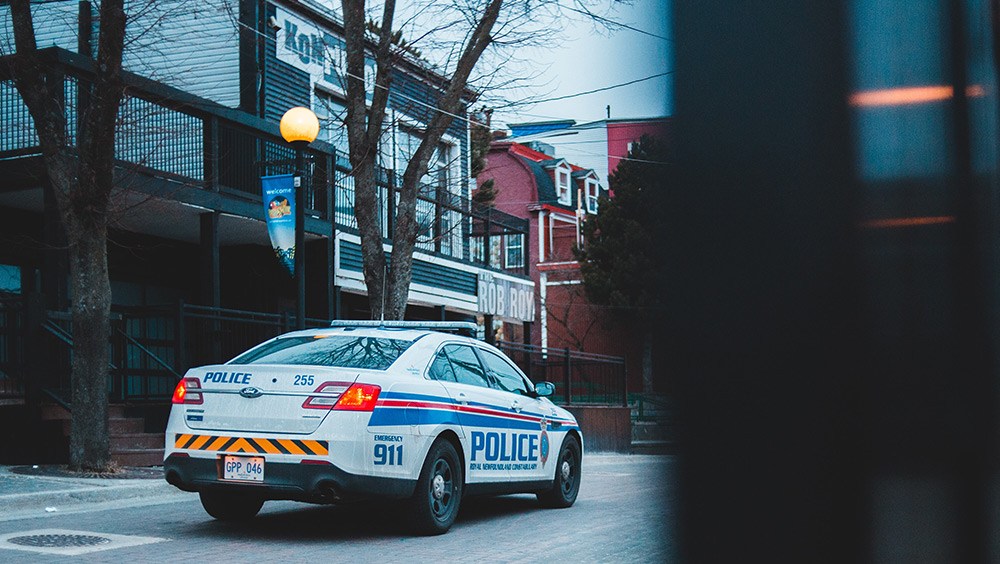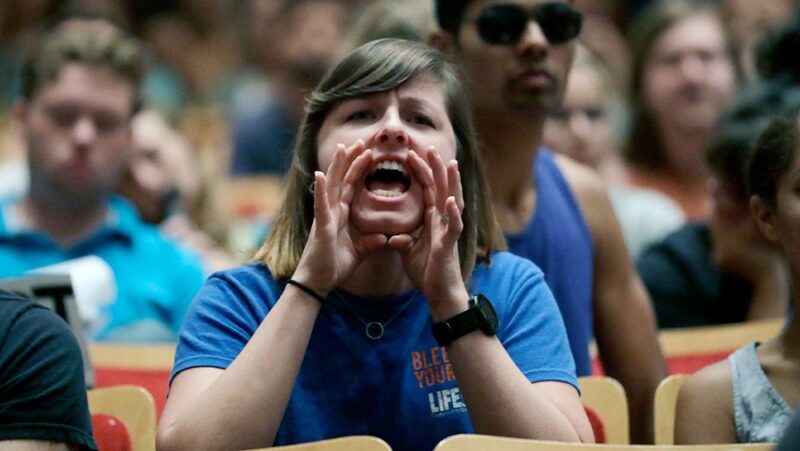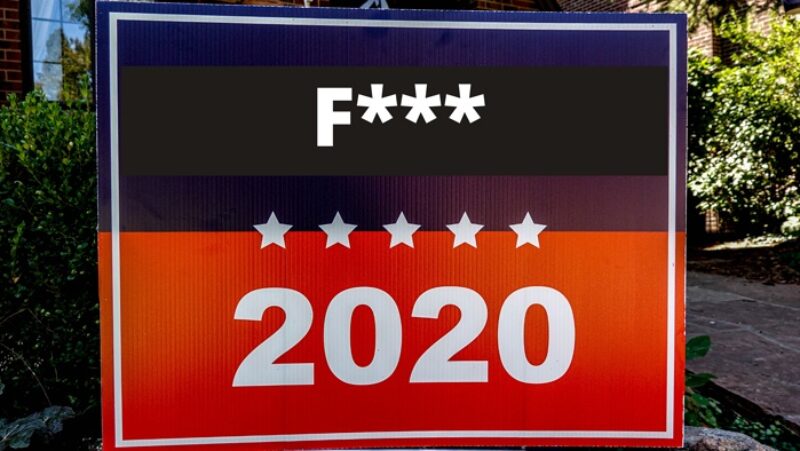Golden Nuggets for Free Expression Advocates in an Unusual Case

The U.S. Supreme Court’s 2018 decision in Lozman v. City of Riviera Beach has some golden nuggets for free expression advocates even though at first glance the opinion might seem quite narrow. The case involved a carping critic of the local government, who alleged that city officials concocted a comprehensive plan of retaliation against him, including arresting him at a public meeting after he had filed an earlier open-meetings lawsuit against them.
While the facts are complex and convoluted, the court made some powerful points in favor of freedom expression. First, the court recognized that, at least under the facts of this case, that probable cause for an arrest doesn’t mean that government officials did not engage in unlawful retaliation. In other words, probable cause for an arrest doesn’t give the government license to do whatever it wants.
Second, the court specifically acknowledged that police officers could “exploit the arrest power as a means of suppressing speech.” The arrest power is an awesome power held by the state. An arrest is a seizure within the meaning of the Fourth Amendment. Arresting people because they criticize the government is the hallmark of a police state, not a free society.
Third, the court emphasized the importance of that forgotten freedom of the First Amendment – the right of petition. Year after year, the State of the First Amendment survey showed that precious few American recognized the last textually based freedom – “petition the government for a redress of grievances.” The court wrote that “it must be underscored that this Court has recognized the ‘right to petition as one of the most precious of the liberties safeguarded by the Bill of Rights.’” Lozman had sued city previously. He had petitioned the courts for a redress of grievances. Thus, the court was correct to write that “Lozman’s speech is high in the hierarchy of First Amendment values.”
To reiterate, some may relegate the Lozman decision as one of lesser importance. Don’t be fooled, it is not. Instead, the decision is important for at least three reasons. It holds that at least some retaliation claims are not foreclosed by the fact that police have probable cause to arrest. It also recognizes the awesome chilling and speech-suppressing power of arrests. And finally, it emphasizes the importance of the freedom to petition the government.
David L. Hudson Jr. is a First Amendment fellow for the Freedom Forum and law professor at Belmont University who publishes widely on First Amendment topics. He is the author of several First Amendment books, including “Let The Students Speak!: A History of the Fight for Freedom of Expression in American Schools” (2011), “The First Amendment: Freedom of Speech” (Thomson Reuters, 2012) and a 12-lecture audio course, “Freedom of Speech: Understanding the First Amendment” (Now You Know Media, 2018).
Heckler’s Veto: Shouting Down Controversial Speakers
Perspective: No, It’s Not a Crime to Write “F*** Biden” — It’s F*** Speech
Related Content

